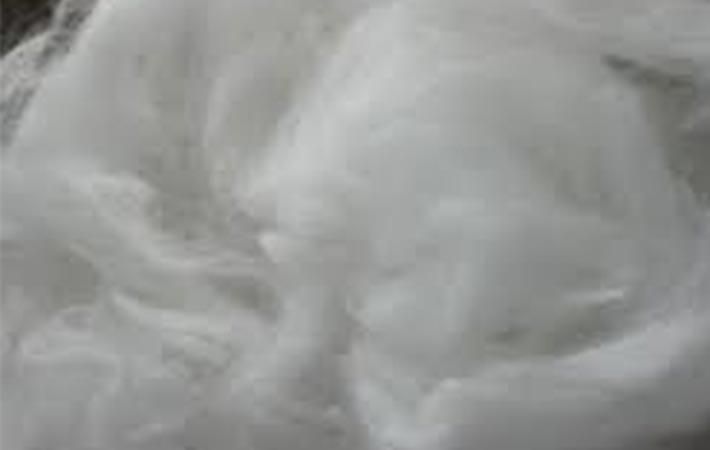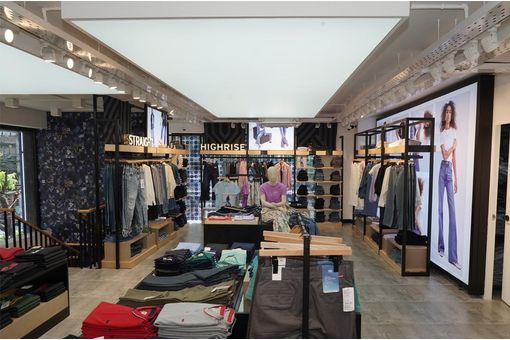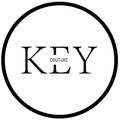Interviews
95 companies part of Textile Exchange's report
22 Oct '17
4 min read

Textile Exchange, the global non-profit organisation that promotes adoption of preferred fibre and materials, integrity and standards and responsible supply networks, has released its 2017 Preferred Fibre and Materials Market Report, which features 95 major textile and apparel companies, including some of the world’s most renowned brands and retailers.
The report measures and ranks the usage of fibre and materials with improved social or environmental impacts among participating companies. It is the largest report released by Textile Exchange to date, representing a 14 per cent increase in participating companies over 2016’s report and a 76 per cent increase over 2015’s.
Based on the disclosure of actual consumption data through Textile Exchange’s Preferred Fibre and Materials Benchmark Survey, the report discloses that organic and other preferred cottons represent 47 per cent of total cotton usage.
Recycled polyester usage grew by 58 per cent, lyocell usage grew by 128 per cent and preferred down (the majority of which is certified to Textile Exchange’s Responsible Down Standard) grew by 54 per cent, the report says and adds that more companies are managing a portfolio mix of fibres rather than focusing on an individual one. In addition, companies are beginning to mobilize and gear up for circularity.
"It’s good to report that things are moving in a positive direction, with uptake of preferred fibres rising in all categories, and some showing very significant leaps in usage,” said Liesl Truscott, European and Materials Strategy director for Textile Exchange. “While value needs to be shared more equitably, it’s clear that our economic system is changing, with a greater focus on circularity and non-financial capital. The language of the Sustainable Development Goals is influencing our industry and it’s good to see the industry get behind the Science Based Targets.”
Textile Exchange’s managing director, La Rhea Pepper, said: "It is a combination of interventions that is transforming the industry: company strategies are going beyond concept into full implementation, business models are evolving to support, and technologies are coming online to disrupt current modes of production. Some would say the industry is not moving fast enough, while others are optimistic about the progress being made. We need both the cynics to nudge us further and the optimists to believe it will happen!"
The report features “leaderboards” that rank company usage across a spectrum of preferred fibre and materials including organic cotton, recycled polyester, lyocell, and more. Global fashion business C&A topped two of the leaderboards. “Being the world’s number one fashion retailer in the use of organic cotton and preferred man-made cellulosics is a great achievement and demonstrates how our sustainable materials strategy is making a difference,” said Jeffrey Hogue, C&A’s chief sustainability officer. “As a significant buyer of agricultural materials like cotton and wood pulp, we are committed to creating better outcomes for farmers, communities and forests.”
Oregon-based Columbia Sportswear tops the list of companies closing the gap between the usage of certified responsible down and conventional down, and placed third in total usage of responsible down amongst the reporting companies. “At Columbia, we value ethical, sustainable manufacturing practices and are committed to assuring our partners share and practice these values,” said Matthew Hoeferlin, director of Materials Research for Columbia. “By joining the Responsible Down Standard (RDS), we are committed to sourcing 100 per cent responsible down for our entire global product line. By verifying and validating our entire natural down supply chain through RDS, we can ensure that, from farm to final destination, our product meets the industry’s animal welfare guidelines.”
The report’s impact data also shows that adoption of preferred fibre and materials can advance many of the Sustainable Development Goals (SDGs.) In particular SDG 12, which focuses on responsible consumption and production. This is consistent with the report’s findings that nearly 30 per cent of the reporting companies said they are aligning corporate strategy to the SDGs. Textile Exchange believes the adoption of preferred fibre and materials, under internationally recognised standards, offers measurable environmental, social and economic benefits. With its Textile Sustainability Conference—whose theme this year is focused on the SDGs— Textile Exchange has commenced a strategy to mobilise the industry towards advancing the Global Goals and identifying best practices, including the adoption of preferred fibre and materials and standards to ensure the industry is meeting the targets set by the Global Goals. (SV)
The report measures and ranks the usage of fibre and materials with improved social or environmental impacts among participating companies. It is the largest report released by Textile Exchange to date, representing a 14 per cent increase in participating companies over 2016’s report and a 76 per cent increase over 2015’s.
Based on the disclosure of actual consumption data through Textile Exchange’s Preferred Fibre and Materials Benchmark Survey, the report discloses that organic and other preferred cottons represent 47 per cent of total cotton usage.
Recycled polyester usage grew by 58 per cent, lyocell usage grew by 128 per cent and preferred down (the majority of which is certified to Textile Exchange’s Responsible Down Standard) grew by 54 per cent, the report says and adds that more companies are managing a portfolio mix of fibres rather than focusing on an individual one. In addition, companies are beginning to mobilize and gear up for circularity.
"It’s good to report that things are moving in a positive direction, with uptake of preferred fibres rising in all categories, and some showing very significant leaps in usage,” said Liesl Truscott, European and Materials Strategy director for Textile Exchange. “While value needs to be shared more equitably, it’s clear that our economic system is changing, with a greater focus on circularity and non-financial capital. The language of the Sustainable Development Goals is influencing our industry and it’s good to see the industry get behind the Science Based Targets.”
Textile Exchange’s managing director, La Rhea Pepper, said: "It is a combination of interventions that is transforming the industry: company strategies are going beyond concept into full implementation, business models are evolving to support, and technologies are coming online to disrupt current modes of production. Some would say the industry is not moving fast enough, while others are optimistic about the progress being made. We need both the cynics to nudge us further and the optimists to believe it will happen!"
The report features “leaderboards” that rank company usage across a spectrum of preferred fibre and materials including organic cotton, recycled polyester, lyocell, and more. Global fashion business C&A topped two of the leaderboards. “Being the world’s number one fashion retailer in the use of organic cotton and preferred man-made cellulosics is a great achievement and demonstrates how our sustainable materials strategy is making a difference,” said Jeffrey Hogue, C&A’s chief sustainability officer. “As a significant buyer of agricultural materials like cotton and wood pulp, we are committed to creating better outcomes for farmers, communities and forests.”
Oregon-based Columbia Sportswear tops the list of companies closing the gap between the usage of certified responsible down and conventional down, and placed third in total usage of responsible down amongst the reporting companies. “At Columbia, we value ethical, sustainable manufacturing practices and are committed to assuring our partners share and practice these values,” said Matthew Hoeferlin, director of Materials Research for Columbia. “By joining the Responsible Down Standard (RDS), we are committed to sourcing 100 per cent responsible down for our entire global product line. By verifying and validating our entire natural down supply chain through RDS, we can ensure that, from farm to final destination, our product meets the industry’s animal welfare guidelines.”
The report’s impact data also shows that adoption of preferred fibre and materials can advance many of the Sustainable Development Goals (SDGs.) In particular SDG 12, which focuses on responsible consumption and production. This is consistent with the report’s findings that nearly 30 per cent of the reporting companies said they are aligning corporate strategy to the SDGs. Textile Exchange believes the adoption of preferred fibre and materials, under internationally recognised standards, offers measurable environmental, social and economic benefits. With its Textile Sustainability Conference—whose theme this year is focused on the SDGs— Textile Exchange has commenced a strategy to mobilise the industry towards advancing the Global Goals and identifying best practices, including the adoption of preferred fibre and materials and standards to ensure the industry is meeting the targets set by the Global Goals. (SV)
Fibre2Fashion News Desk – India
Popular News
































-Ltd..jpg?tr=w-120,h-60,c-at_max,cm-pad_resize,bg-ffffff)





.jpg?tr=w-120,h-60,c-at_max,cm-pad_resize,bg-ffffff)
.jpg?tr=w-120,h-60,c-at_max,cm-pad_resize,bg-ffffff)






